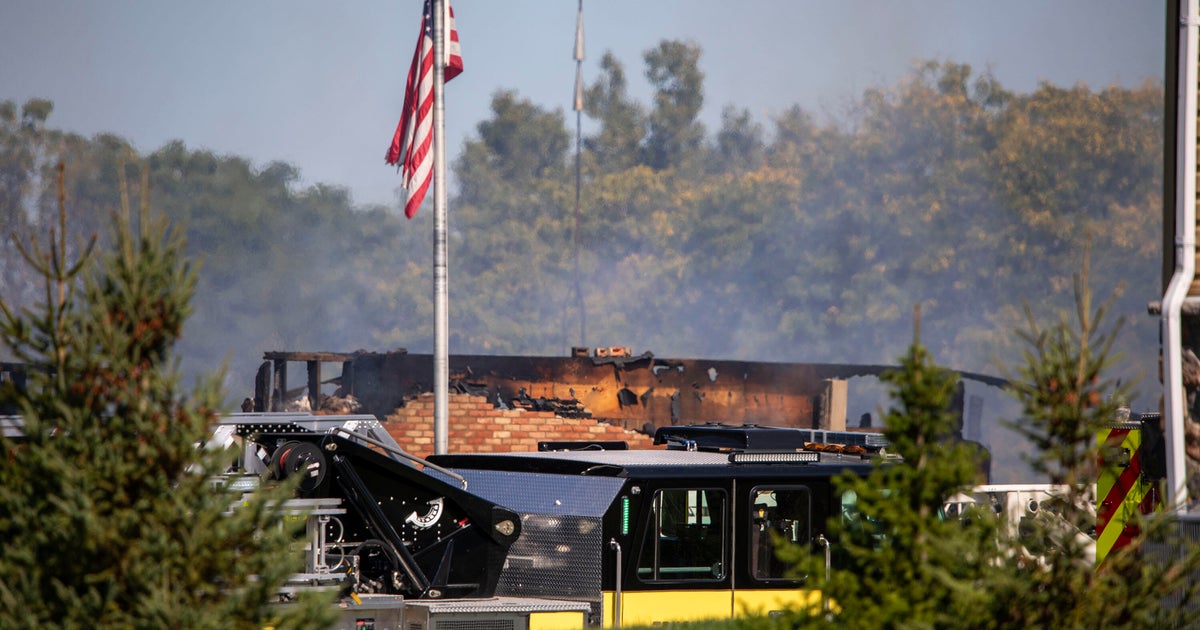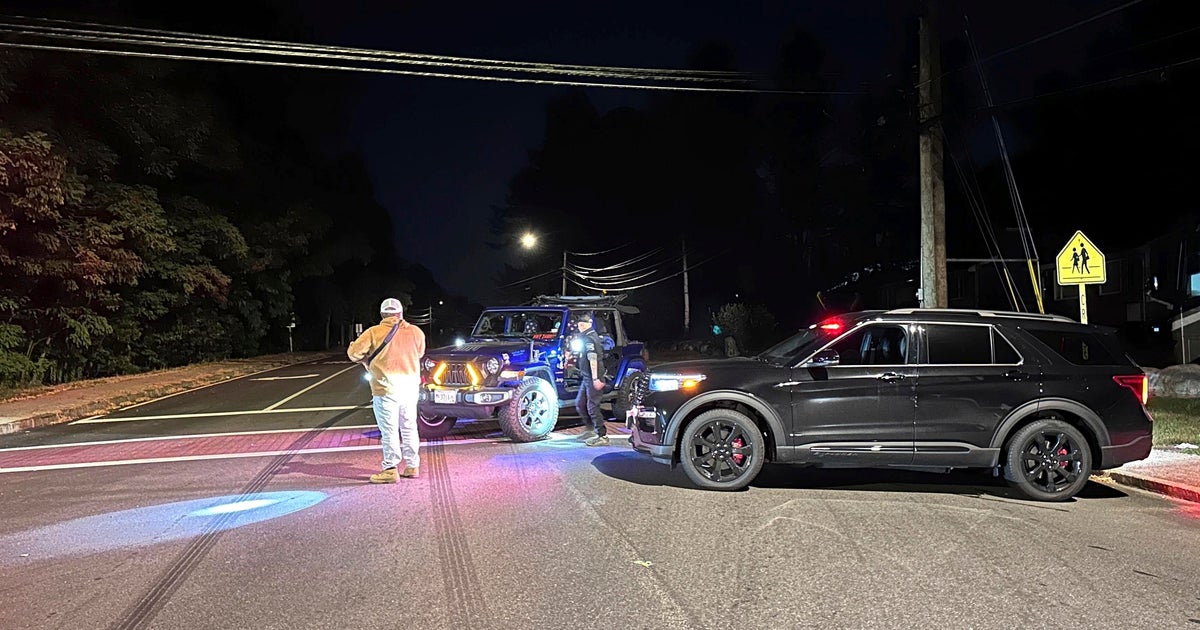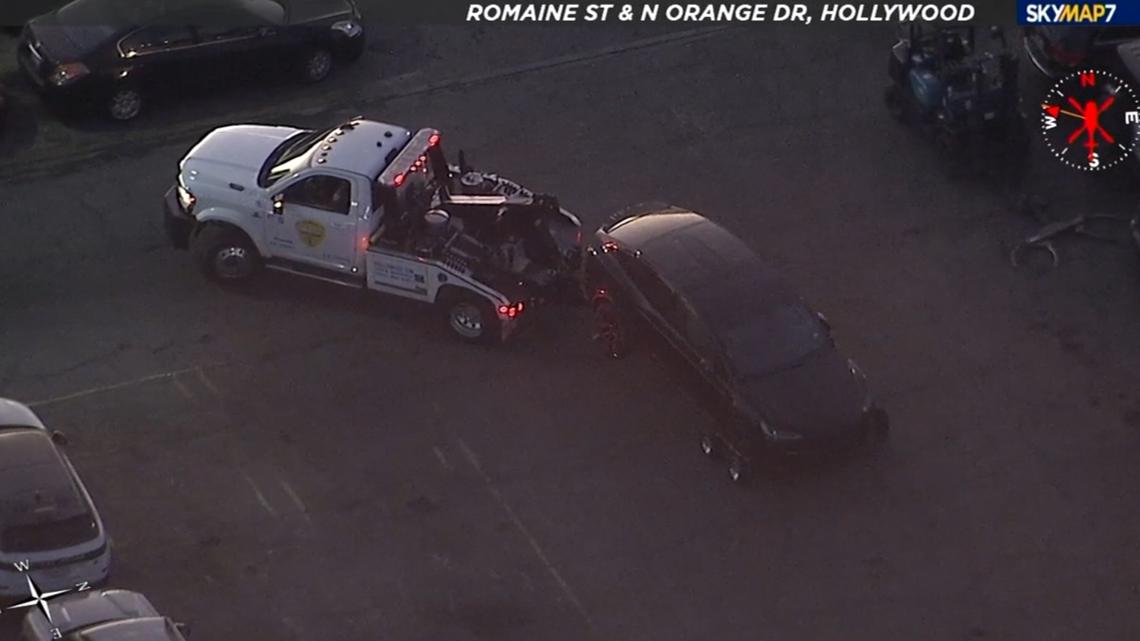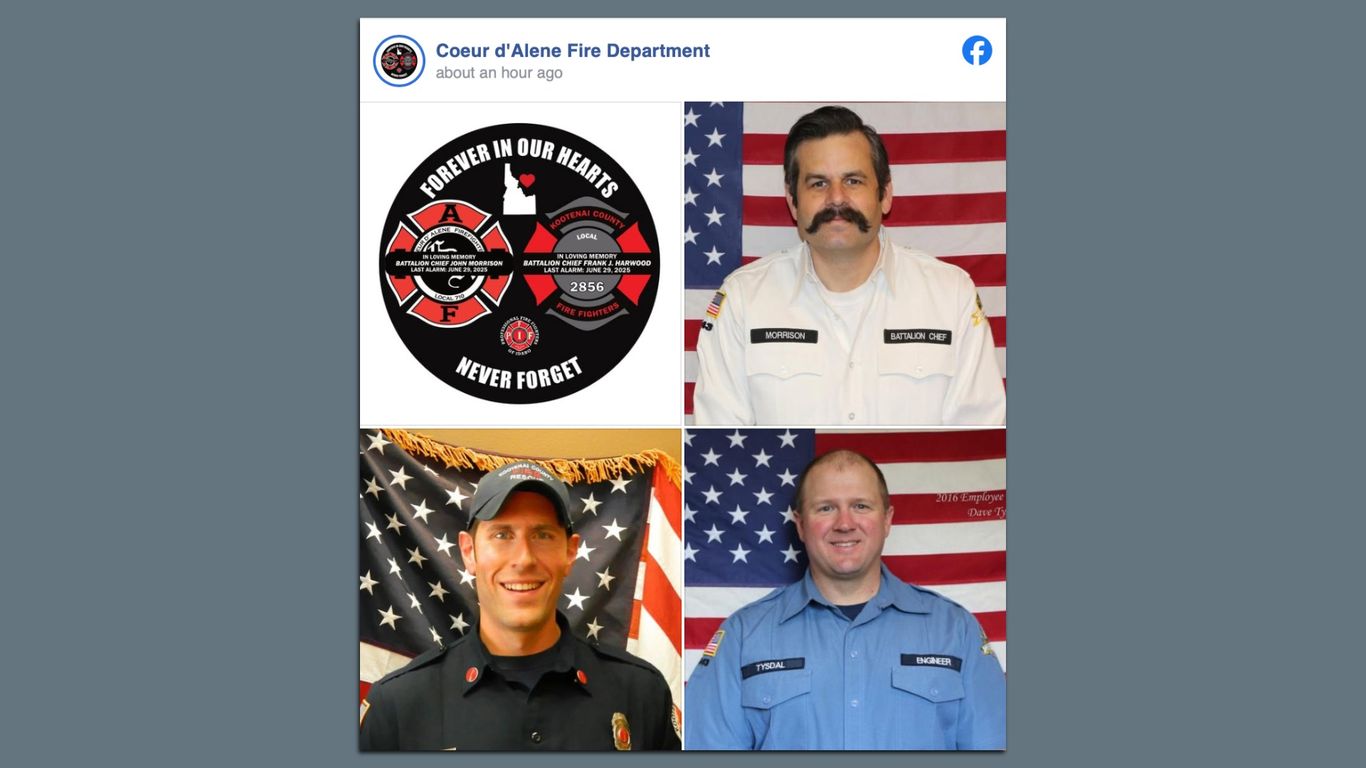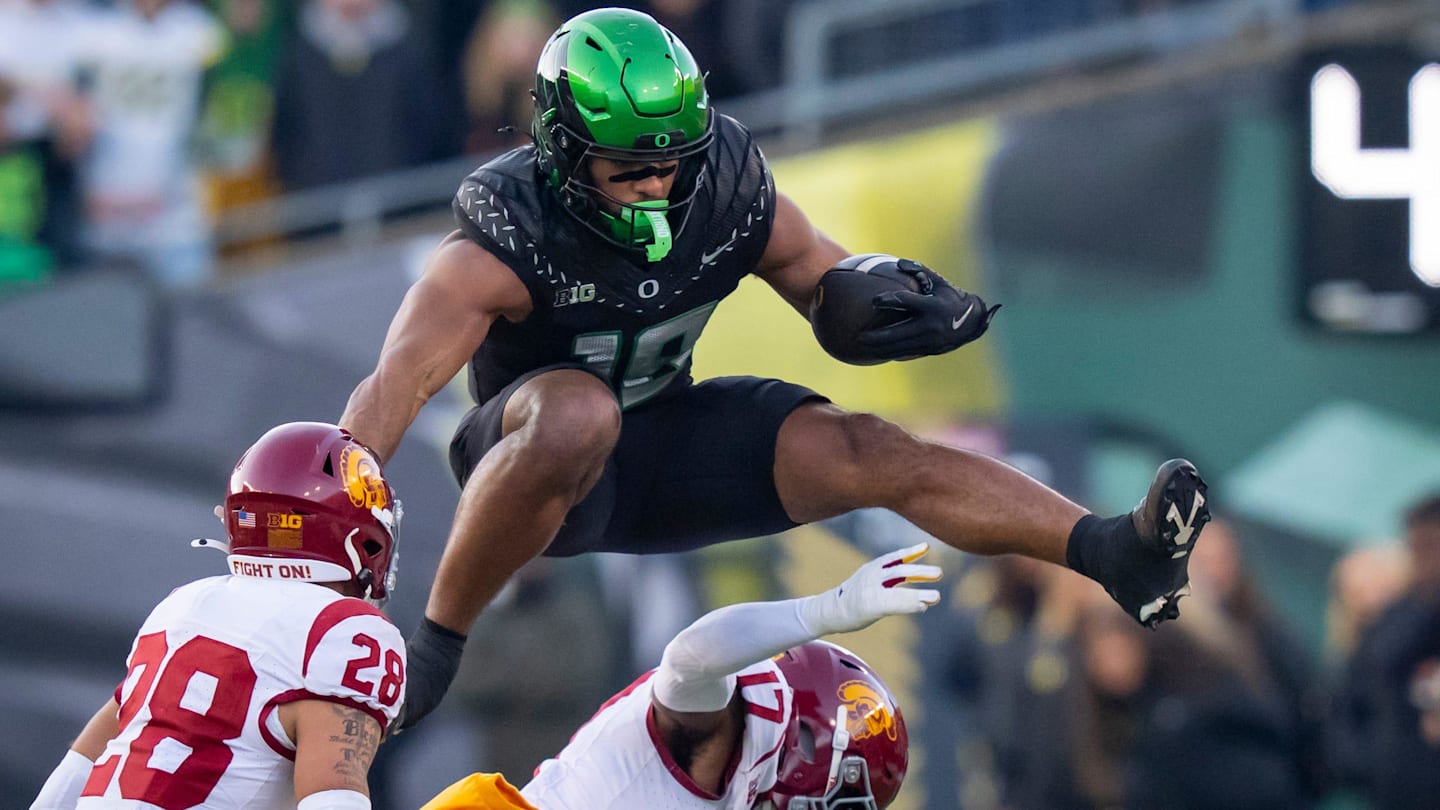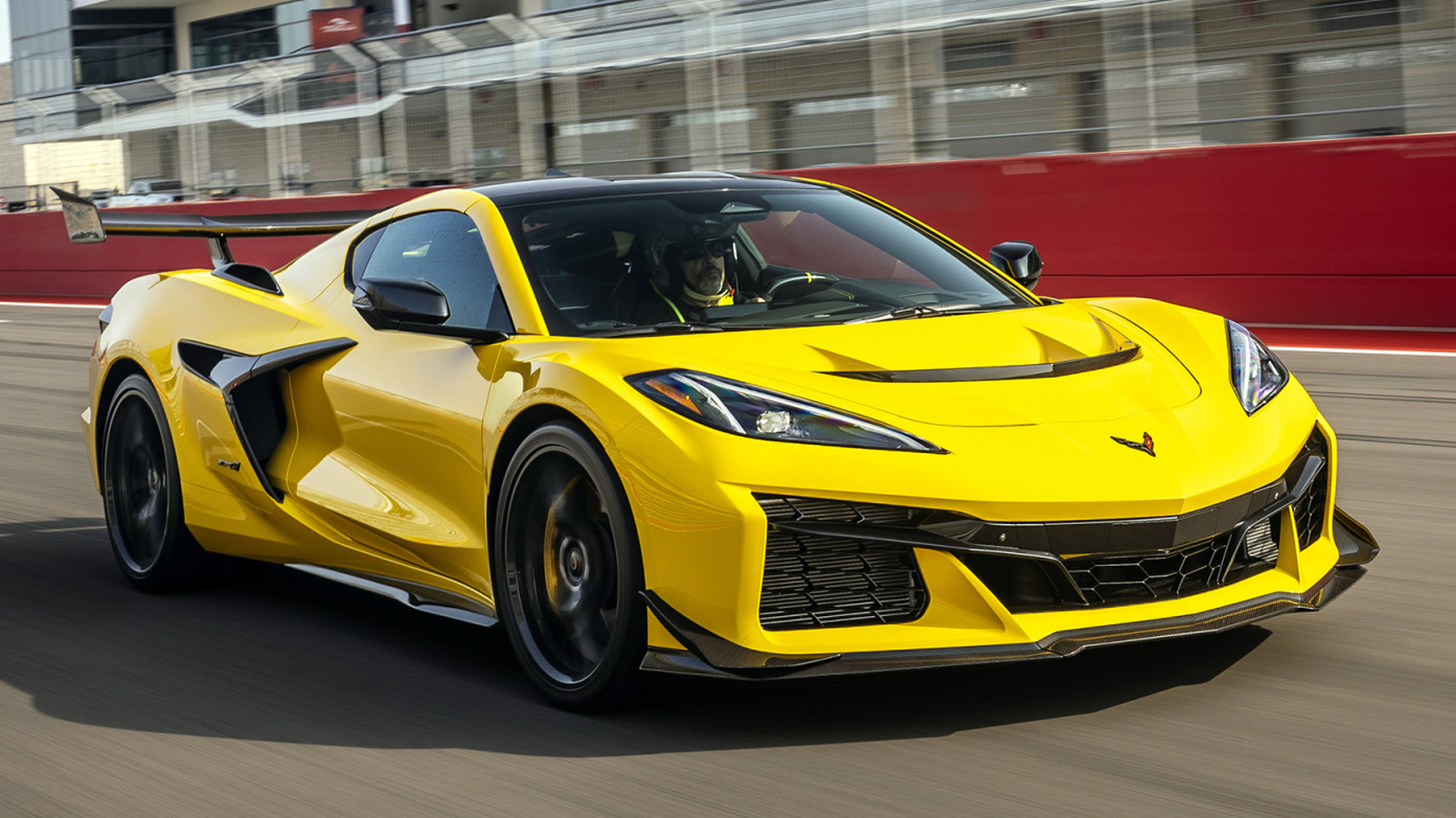Liverpool Football Club Celebrates First Premier League Title in 30 Years, Tragedy Strikes During Parade
#liverpool football club #premier league #tragedy #community #car accident
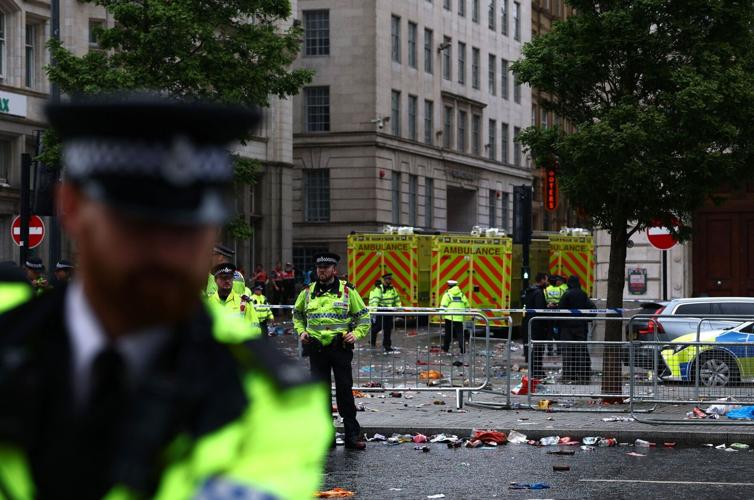
About the People Mentioned
Liverpool Football Club
Liverpool Football Club, commonly known as Liverpool FC or simply Liverpool, is a professional football club based in Liverpool, England. Founded in 1892, the club was established after a dispute between Everton FC and John Houlding, the owner of Anfield stadium, led Everton to move to Goodison Park. Left with a stadium but no team, Houlding formed a new club, Liverpool FC, which played its first competitive match later that year[1][2][4]. The club quickly rose through the ranks of English football, winning promotion to the First Division after just one season in the Second Division and capturing its first league title in 1901[1][2]. Liverpool’s modern era of success began under manager Bill Shankly in the 1960s, who transformed the club’s fortunes after a period of decline, leading them to multiple league titles and their first European trophy, the 1973 UEFA Cup[1]. Shankly’s successors, notably Bob Paisley and Joe Fagan, built on this foundation, guiding Liverpool to domestic and European dominance in the 1970s and 1980s. The club’s trophy cabinet includes 20 English top-flight league titles—the most recent in the 2024-25 Premier League season—and six European Cup/Champions League titles, more than any other English club[4][5]. Liverpool has also won numerous domestic cups, including eight FA Cups and nine League Cups[5]. The club’s home, Anfield, is renowned for its passionate support and the famous “You’ll Never Walk Alone” anthem. Liverpool’s global fanbase is vast, with supporters’ clubs in over 50 countries[2]. The club has experienced both triumph and tragedy, including the Heysel Stadium disaster in 1985, which led to a six-year ban from European competition[4]. In recent years, under manager Jürgen Klopp, Liverpool reasserted itself as a major force in European and English football, winning the Champions League in 2019 and ending a 30-year wait for a league title in 2020[5]. The 2024-25 Premier League title marks the latest chapter in the club’s storied history, continuing its legacy as one of the world’s most successful and iconic football institutions[5].
UK police
The UK police service consists of multiple independent territorial forces—39 in England, 4 in Wales, 1 in Scotland, and 1 in Northern Ireland—each responsible for policing its defined area. These forces operate under local police authorities or commissioners, except for the Metropolitan Police in London, which is overseen by the Home Secretary. Specialized forces such as the British Transport Police, Ministry of Defence Police, and Civil Nuclear Constabulary provide policing for specific sectors, while the National Crime Agency tackles organized crime nationally. UK policing is founded on the principle of "policing by consent," meaning officers are empowered by the public’s trust and must exercise their duties transparently and accountably. Most officers do not carry firearms routinely; as of 2022, England and Wales had over 142,000 police officers, with a minority authorized to carry firearms. All attested officers, regardless of rank, have equal powers of arrest and basic police authority. The police hierarchy ranges from constable up to chief constable, who leads each force. The Metropolitan Police additionally includes ranks like commander and commissioner. Senior officers oversee strategic planning, resource management, and community relations to maintain public order and safety. UK police roles encompass crime prevention and detection, public safety, crowd control, and ceremonial duties such as mounted patrols in London. The service employs civilian staff for administrative support and cadet programs to train young people for policing careers. Recent developments emphasize professional standards, training improvements, and community engagement, guided by the College of Policing’s Code of Ethics and programs like the Neighbourhood Policing Programme. UK police officers also participate in international peacekeeping and policing missions through organizations such as the United Nations and European Union. Overall, the UK police remain central to law enforcement, public order, and community safety across the country, adapting to evolving societal needs and challenges[1][2][3][4][5].
About the Organizations Mentioned
Premier League
The **Premier League** is the highest level of professional men's football in England, established in 1992 as a breakaway from the Football League First Division to maximize the commercial potential of English football[3][5]. It features 20 elite clubs competing annually in a round-robin format where each team plays 38 matches, earning three points for a win and one for a draw to determine the league champion and European competition qualifiers[1]. Formed to retain top English players and attract global talent, the Premier League revolutionized football with lucrative broadcast deals, enhanced stadium safety, and widespread international appeal, becoming one of the most-watched sports leagues worldwide[5]. Its member clubs collectively own the league as a private company, working under a structured governance system with a Rule Book that governs competition and club conduct[2]. Key achievements include Manchester United’s record 13 titles since inception, with other dominant clubs like Manchester City, Chelsea, Arsenal, and Liverpool contributing to its competitive prestige[4]. The league has showcased legendary players such as Alan Shearer, the all-time top scorer with 440 goals, while pioneering formats like the Fantasy Premier League have engaged over 11 million fans in interactive digital experiences[1][4]. The Premier League operates a promotion and relegation system with the English Football League Championship, maintaining competitive integrity and fresh club participation annually[1]. Its influence extends beyond sport, impacting business through multi-billion-pound broadcast contracts, technological advancements in broadcasting and analytics, and global merchandising. Currently, the Premier League stands as a business and technological powerhouse in sports, blending tradition with innovation, attracting global viewership, and driving economic value across media, sponsorship, and fan engagement industries[2][5]. Its continued evolution reflects broader trends in sports commercialization and digital fan interaction.



